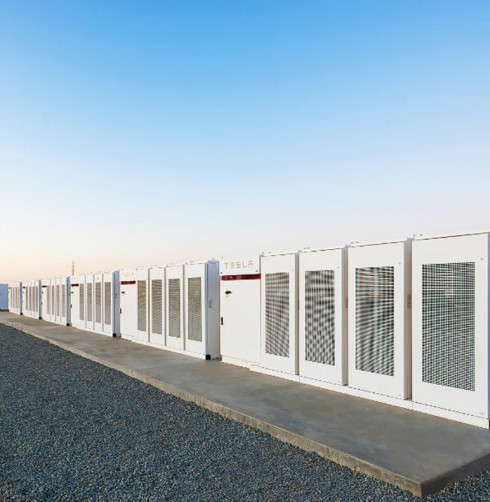ARENA backs NSW battery
 The Federal Government is helping fund a big battery in western Sydney.
The Federal Government is helping fund a big battery in western Sydney.
The Government, through the Australian Renewable Energy Agency (ARENA), has announced that it will jointly fund a new large-scale, grid-connected battery located in western Sydney.
ARENA will provide up to $11.5 million in funding to TransGrid to build a 50 MW / 75 MWh large-scale, grid-connected lithium ion battery at its Wallgrove substation in western Sydney.
The NSW Government will also provide $10 million in funding for the battery, as part of their $75 million Emerging Energy Program.
Once built, the $61.9 million Wallgrove Grid Battery, owned and operated by TransGrid, will provide fast frequency response and inertia services to the NSW transmission network.
The Wallgrove Grid Battery will be designed and constructed by Tesla using their Megapacks to demonstrate its innovative synthetic inertia product known as “Virtual Machine Mode”.
The battery will be dispatched by Infigen Energy who will trade the battery in the wholesale market and frequency control ancillary services (FCAS) markets.
ARENA CEO Darren Miller said TransGrid’s Wallgrove Grid Battery aims to prove large scale battery storage is the most effective solution for managing system inertia as Australia transitions to renewable energy.
“Energy storage is one of the priority technologies under the Australian Government’s first Low Emissions Technology Statement released last month, and ARENA has already played a key role in supporting the commercialisation of battery storage,” Mr Miller said.
“Large scale batteries have a big role to play in firming and balancing our electricity system as we move towards a future energy mix with higher penetration of renewable energy.”
ARENA has previously supported five grid scale batteries including the Hornsdale Power Reserve expansion, the ESCRI and Lake Bonney batteries in South Australia and two in Victoria at Ballarat and Gannawarra.
“The Wallgrove Grid Battery will demonstrate the technical capability of batteries with advanced inverter capabilities to substitute traditional inertia. In doing so, TransGrid will demonstrate that batteries can provide the most cost-effective solution for NSW’s projected upcoming inertia shortfall,” Mr Miller said.
TransGrid’s Executive Manager of Strategy, Innovation and Technology Eva Hanly, said: “TransGrid is committed to finding low cost innovative solutions to the emerging challenges of the energy transformation. This will be the first battery in NSW to pilot grid scale synthetic inertia as a network service.”
“It’s a step forward for the NSW grid and the National Electricity Market. This innovation will help accelerate the industry’s transformation to a low-carbon energy system, at a lower cost to customers,” said Ms Hanly.







 Print
Print